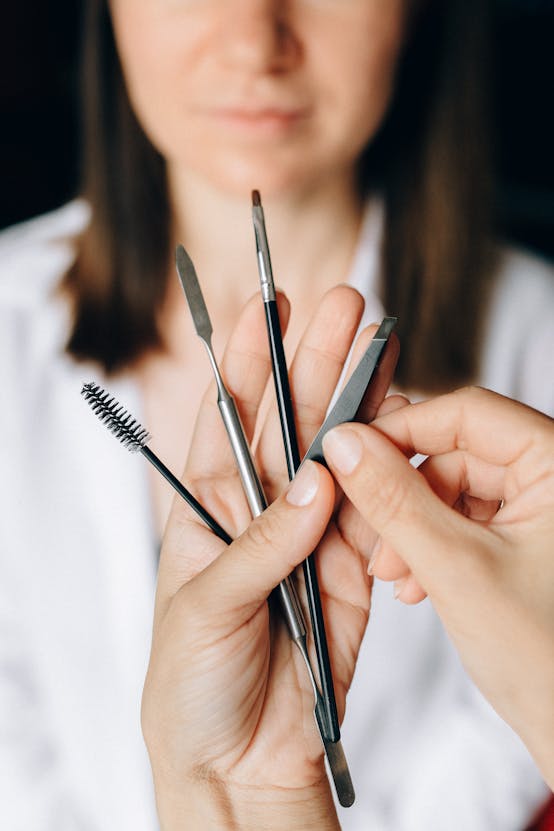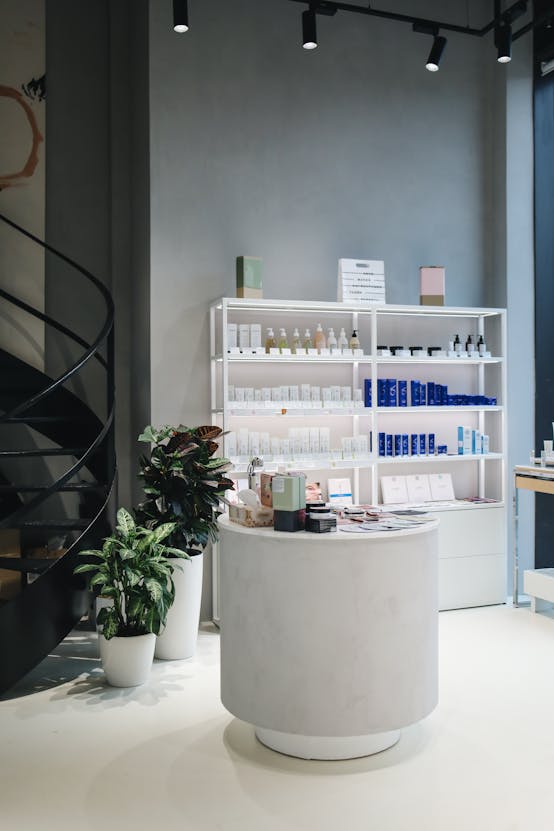Understanding Skin Changes During Pregnancy
During pregnancy, women often experience various skin changes due to hormonal fluctuations. These hormonal shifts significantly affect the skin, leading to conditions such as acne, stretch marks, and pigmentation, also known as melasma or “pregnancy mask.” Understanding these changes is crucial for adapting skincare routines effectively.
Hormonal fluctuations can exacerbate acne, making skin oilier and prone to breakouts. It’s advisable to use gentle, non-comedogenic products that don’t clog pores. Stretch marks are another common issue, often appearing as the skin stretches to accommodate the growing baby. They usually develop on the abdomen, thighs, and breasts.
Also to read : Nail Care Secrets: Proven Techniques for Stronger, Healthier Nails,slugslug
Pigmentation changes are influenced by increased levels of hormones like estrogen and progesterone, which can lead to darker skin patches. Sun protection becomes essential, as UV exposure can worsen pigmentation.
Adapting your skincare routine is vital to manage these changes. Opting for pregnancy-safe products is important for the safety of both mother and baby. Emphasising hydration and incorporating moisturisers that maintain skin elasticity can help manage stretch marks and dryness. Establishing a regimen that responds to the skin’s changing needs ensures healthier, glowing skin throughout pregnancy.
Also to discover : Gentle Cardio for Women: Discover the Best Low-Impact Workouts for Fitness and Joint Comfort!
Skincare Routine for Each Trimester
Navigating pregnancy requires adapting your skincare for each trimester to address changing needs effectively with your trimester skincare routines.
First Trimester Essentials
During the first trimester, it’s crucial to focus on hydration and gentle cleansing. Skin can become more sensitive, so opt for mild cleansers. It’s advisable to avoid products with retinoids and salicylic acid. Gentle, hydrating serums can combat dryness, encouraging plump, healthy skin.
Second Trimester Focus
As pregnancy progresses to the second trimester, moisturising techniques become even more important. Using non-comedogenic moisturisers helps prevent acne and supports skin elasticity. Safe treatments like azelaic acid can reduce pigmentation, and consistent sun protection with mineral-based sunscreens is essential.
Preparing for the Third Trimester
Adjust the routine in the third trimester, focusing on nourishment as the skin stretches further. Look for skincare adjustments with nourishing oils such as jojoba or almond oil, which can prevent stretch marks and soothe sensitivity. Address swelling by using products that offer cooling effects. Ensuring skin resilience through rich moisturisers supports skin as it continues to adapt to pregnancy’s demands.
Natural Remedies and DIY Skincare
Embracing natural skincare for pregnancy offers a safe and nurturing approach to address the skin’s changing needs. Popular natural ingredients such as aloe vera, which provides hydration and soothes irritated skin, are invaluable. Calendula oil can be used for its anti-inflammatory properties, helping manage acne and sensitivity.
Creating DIY skincare products at home is both economical and effective. For a gentle exfoliating scrub, combine sugar, honey, and a dash of olive oil. This concoction can help remove dead skin cells without harsh chemicals. Masks made of yoghurt, which is rich in lactic acid, can aid in brightening and moisturising the skin safely.
When using essential oils, it’s vital to consider safety. Oils like lavender and chamomile are generally safe and have calming effects. However, certain oils such as rosemary and cinnamon should be avoided due to potential risks during pregnancy. Always perform a patch test before full application to ensure no adverse reactions occur. Incorporating these mindful practices can enhance your skincare regime, contributing to a healthy, radiant complexion throughout pregnancy.
Recommended Products Safe for Pregnancy
Navigating pregnancy demands careful attention to pregnancy-safe skincare products. Knowing which products support both skin health and safety is crucial.
Moisturisers and Hydration
Using dermatologist-recommended moisturisers ensures adequate hydration vital for skin elasticity. Opt for non-comedogenic products to avoid clogged pores. Brands like CeraVe and Aveeno offer reliable, pregnancy-safe moisturisation options. Such products cater to sensitive skin, reducing dryness and irritation while maintaining suppleness.
Cleansers and Exfoliants
Cleansers suitable for sensitive skin are gentle yet effective. A mild cleanser, free from harsh chemicals, helps maintain skin balance. Cetaphil and La Roche-Posay provide safe cleansing solutions. While exfoliating, limit frequency to prevent irritation. Look for products with natural exfoliants like oatmeal.
Treatment Products for Common Concerns
Address acne and pigmentation with safe treatments. Azelaic acid is an effective ingredient for acne and pigmentation without harmful effects. Stretch mark prevention relies on nourishing the skin with products like Bio-Oil. Ensuring these products hold pregnancy-safe labels is key, emphasising safety alongside effectiveness for both mother and baby.
Expert Insights and Testimonials
Gaining insights from dermatologists on pregnancy skincare can be invaluable. Dermatologists emphasise the need to adapt skincare routines to accommodate hormonal changes during pregnancy. Dr. Smith advises, “Opt for products with calming ingredients like chamomile, which help soothe sensitive skin.” These expert tips underscore how crucial it is to select the right products.
Pregnant women often share their skincare journeys, highlighting the importance of professional guidance. Jessica, a mother of two, shares, “Consulting with a dermatologist helped me understand my skin’s needs. Using pregnancy-safe products made a big difference.” Personal experiences like these resonate with many, shedding light on practical approaches that work.
Regular consultations assist in identifying specific concerns, tailoring routines to individual needs. Whether dealing with acne, pigmentation, or other issues, adjusting routines and seeking specialist advice provides reassurance. Dermatology experts consistently highlight the significance of staying informed and proactive about skin health. In summary, integrating expert advice into daily routines is key to achieving and maintaining glowing skin throughout pregnancy.
Lifestyle Tips for Radiant Skin During Pregnancy
Maintaining a lifestyle for glowing skin during pregnancy involves mindful adjustments in daily habits. Nutrition plays a pivotal role; consuming a balanced diet rich in vitamins and antioxidants supports skin health. Fresh fruits, vegetables, nuts, and seeds are excellent choices, providing essential nutrients that help reduce oxidative stress and keep skin vibrant.
Hydration is crucial, as it ensures proper cellular function and assists in detoxifying the body. Aim to drink at least eight glasses of water daily to maintain skin elasticity and suppleness. Proper hydration also aids in preventing dryness and reducing the appearance of stretch marks.
Restful sleep and effective stress management significantly impact skin appearance. Prioritising sleep helps the body regenerate, supporting a refreshed look. Minimal stress, achieved through practices such as mindfulness or yoga, can prevent hormonal imbalances that may lead to acne.
Incorporating gentle exercise, like swimming or walking, promotes blood circulation, aiding in nutrient delivery to skin cells. This physical activity also contributes to a natural glow, enhancing overall skin radiance. By adopting these lifestyle habits, expectant mothers can effectively nurture their skin throughout pregnancy.









